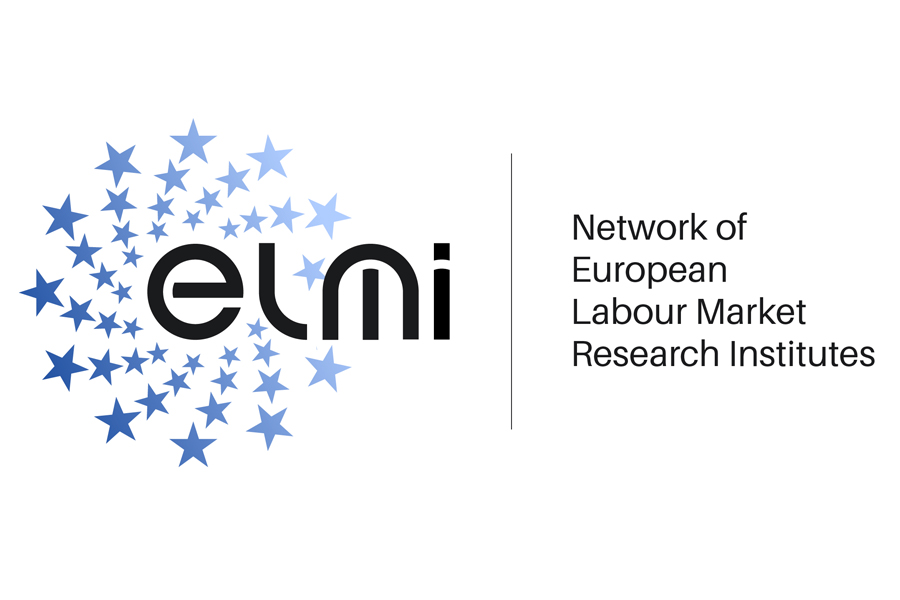On Wednesday, 31 January, the ELMI Policy Round Table discussed the labour market integration of Ukrainian refugees. ELMI is the European Network of Labour Market Research Institutes and promotes the exchange of policy-relevant labour market research.
Since the beginning of the war in February 2022, large numbers of refugees have left the Ukraine, mostly women and children. First results from four European countries were presented:
- Yuliya Kosyakova (IAB): Germany (PDF, Datei nicht barrieferei)
- Kasper Otten (WODC): Netherlands (PDF, Datei nicht barrieferei)
- Piotr Lewandowski (IBS): Poland (PDF, Datei nicht barrieferei)
- Meeri Seppä (VATT): Finland (PDF, Datei nicht barrieferei)
Initial findings show that refugees from Ukraine are predominantly female and well-educated (often with university degrees). Their integration into the labour market depends on their knowledge of the local language, the recognition and transfer of their qualifications and their access to social networks. The vast majority of refugees report that they are overqualified for their current job, as many are filling gaps in jobs with unfavourable working conditions (such as seasonal work, care work, cleaning and simple tasks). Unlike other groups of refugees, female Ukrainians are almost as active in the labour market as male Ukrainians, while they typically bear most of the burden of caring for children and other relatives. Language learning is more effective in Poland than in other countries, as Ukrainian and Russian are more similar to Polish than to other languages, but proficiency in the national language is steadily increasing in all four countries observed. Many Ukrainians build on pre-existing social networks with the country of residence, e.g. they have relatives in these countries or they have been to these countries for seasonal work.

